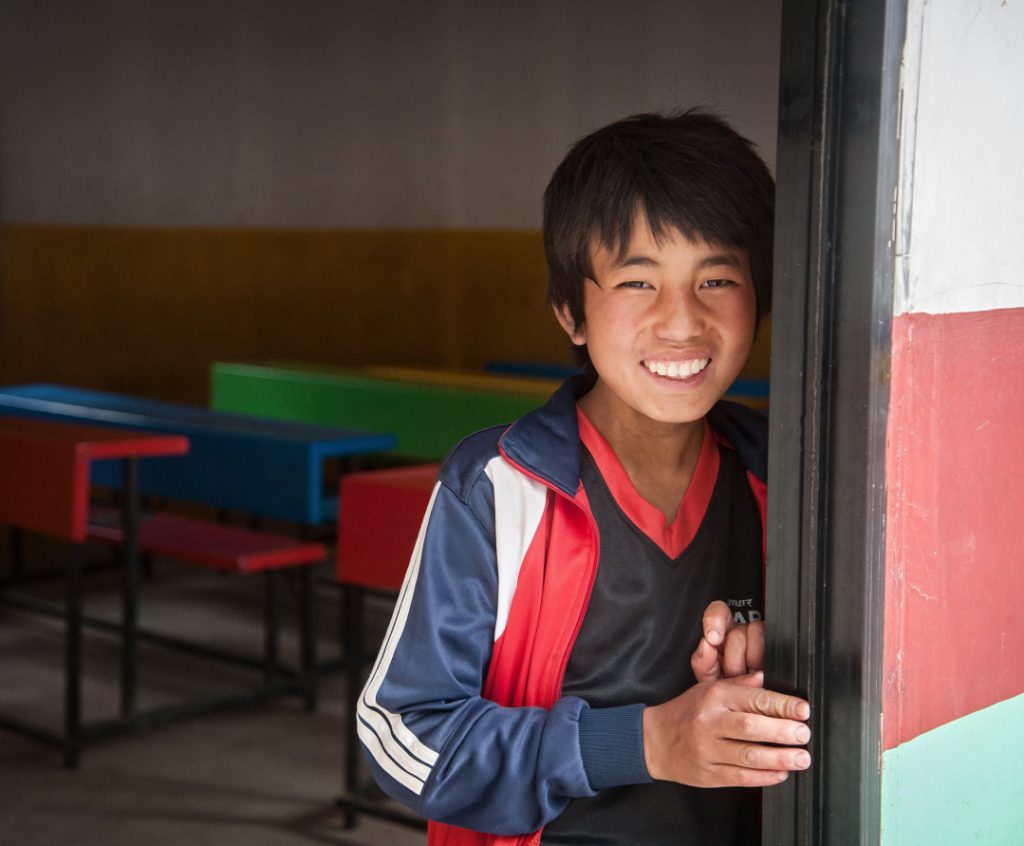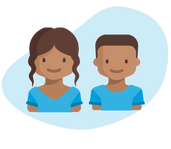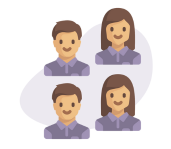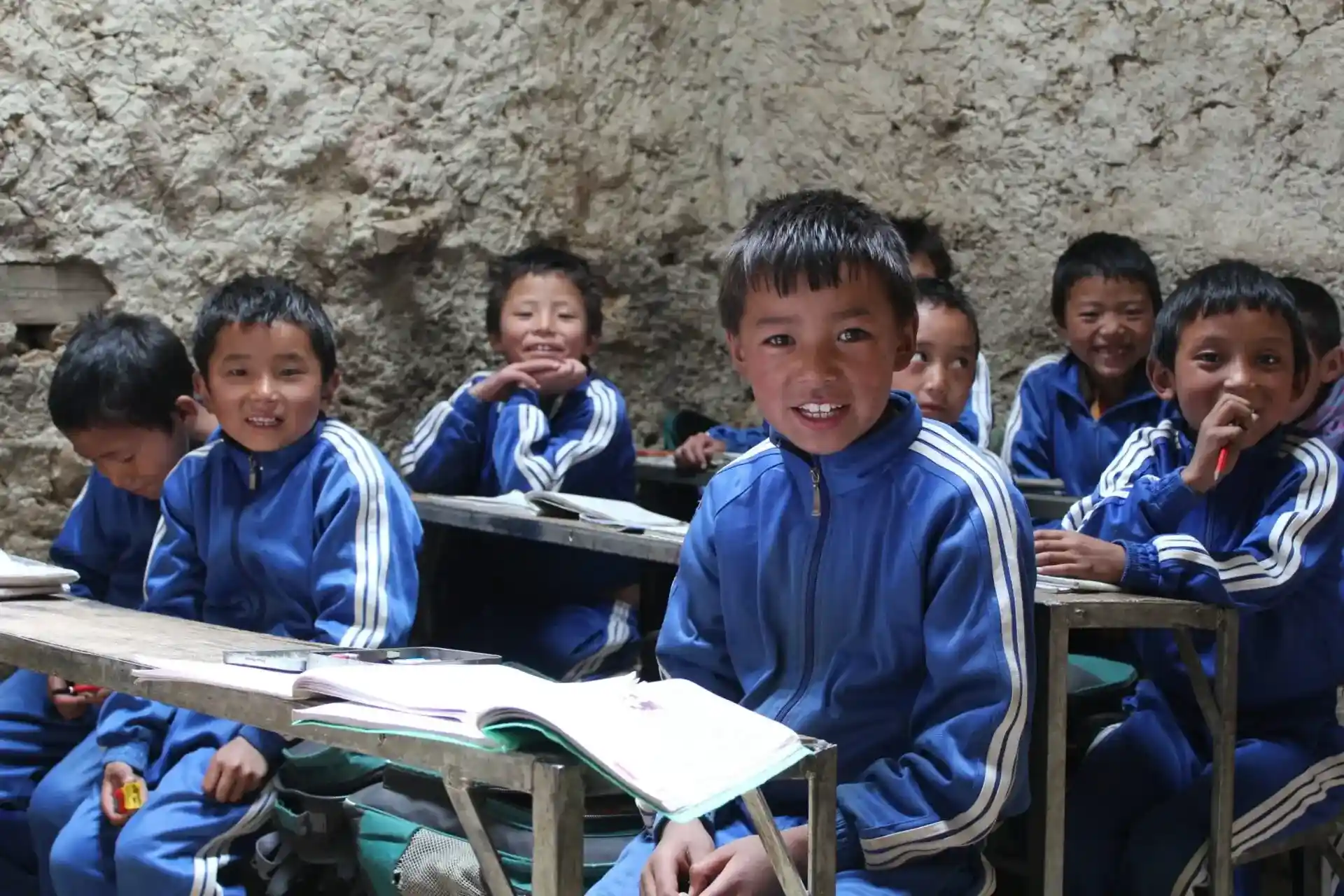
Remote Community Development
An estimated 3.4 billion people – around 43% of the global population – live in the rural areas of low- and middle-income countries. Despite the decrease in global poverty since 1990, a person’s place of residence still largely determines their access to essential services.
Since 1998, we’ve built Remote Community Development programmes that improve health and education outcomes in remote areas. Now we’re strengthening and scaling these remote community development programmes through AdaraRemote.
AdaraRemote is a holistic community development model spanning five pillars of service delivery: education, child protection, youth development, health, and community resilience. Together they support people – particularly women and children – to truly thrive.
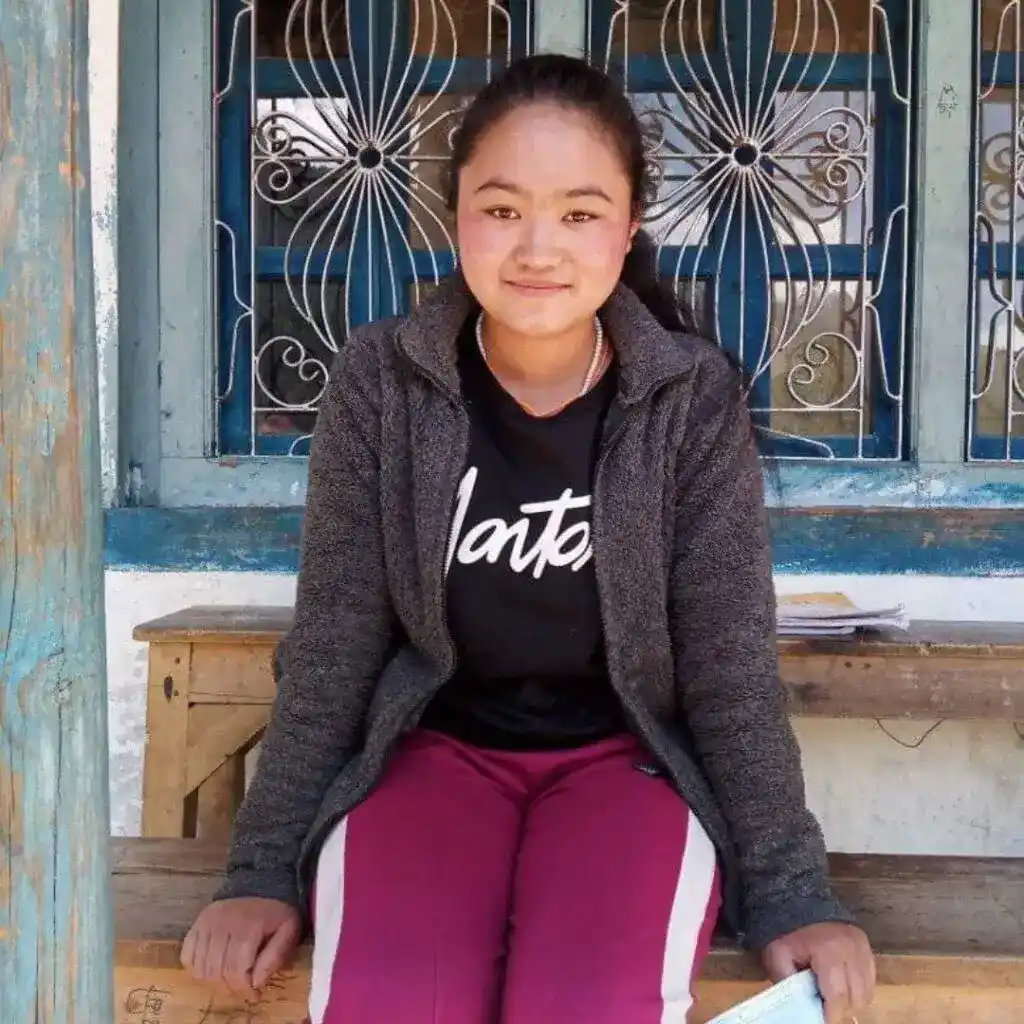
Meet Rupsi
Since 17-year-old Rupsi was young, she has dreamt of becoming the first female doctor in her community. She is top of her class at the Adara-supported Yalbang School. Now, that dream is on track to becoming a reality.
Proving our impact in 2023
Inside our Remote Community Development work
1,972
students enrolled across 15 Adara-supported schools.
100%
of students passed their Secondary Education Examinations at all Adara-supported schools.
91%
average student attendance rate at Adara-supported schools
10,429
appointments at five Adara-supported health posts
52%
of students in Adara-supported schools are girls
Hand in hand
Remote Community Development Partners
As well as implementing our own projects, we work with a handful of extraordinary grassroots Nepali organisations who are experts in their area of work.
Hands in Outreach (HIO) helps more than 160 children – mostly girls – living in poverty to go to school. We support the girls’ families with health and dental check-ups, periodic food distribution and emergency support. We also support teachers at their early learning centre in Kathmandu.
The Himalayan Children Society (HCS) partners with the Yalbang School. It’s a model government facility with the two on-site hostels. Adara supports the running costs of one of the hostels, provides scholarships to students in the form of uniforms and textbooks, and funds the salaries of six teachers.
The Women’s Foundation (WF) provides legal support to vulnerable women and children who are survivors of domestic violence, trafficking and sexual abuse. An Adara-supported lawyer leads a team of experienced legal staff to seek justice and protection for hundreds of women and girls each year.
The Himalayan Innovative Society (THIS) works to reduce the incidence of child trafficking in Nepal. Adara support THIS to reduce trafficking in Humla district through anti-trafficking projects including watchdog committees, conferences and radio programmes.
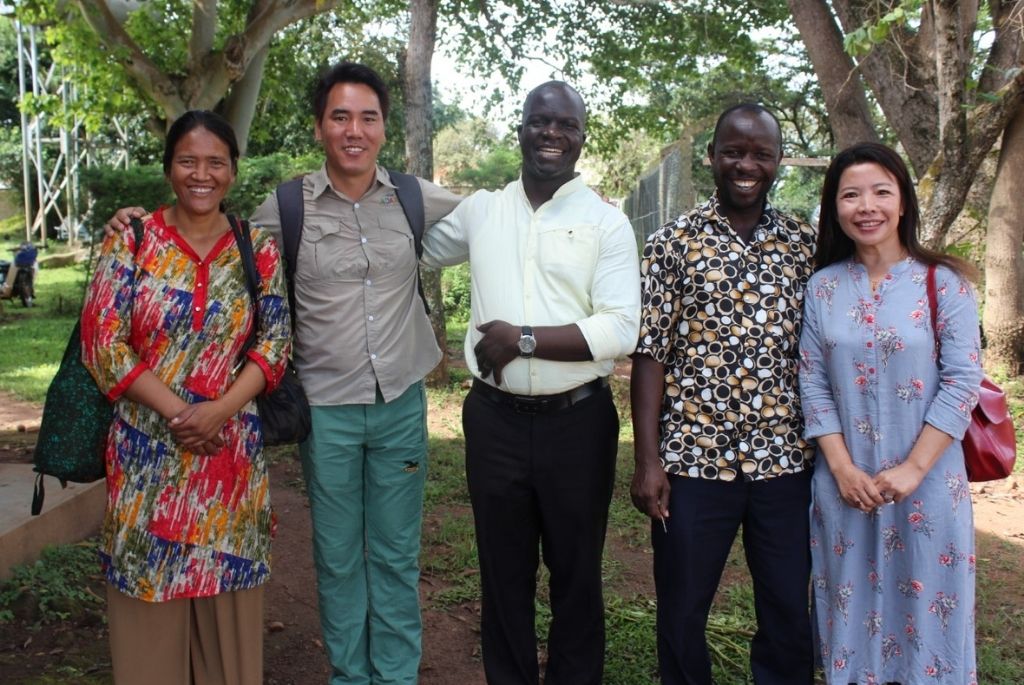

Join us
…to bring quality health and education services to people living in some of the world’s remotest places.
add stories of impact to your inbox
